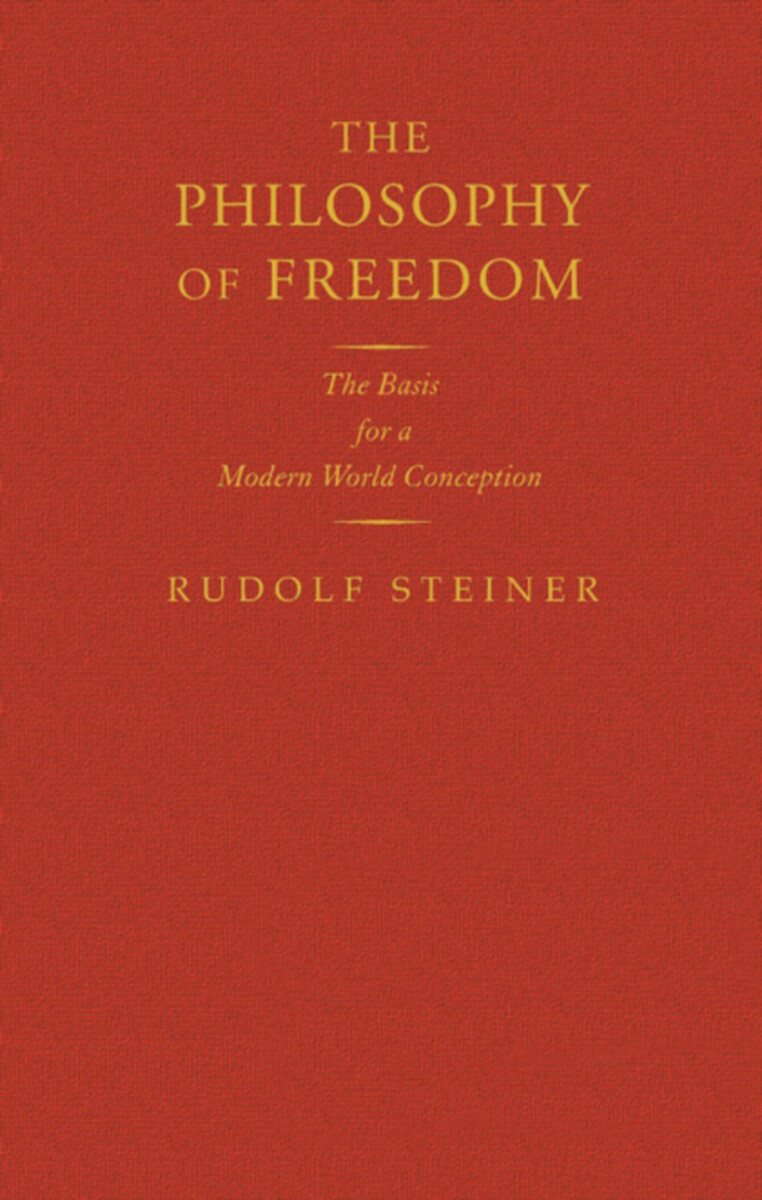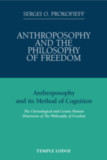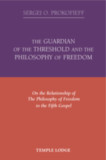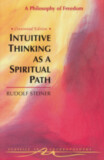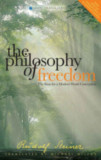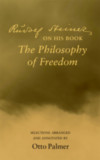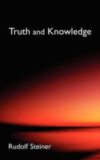The Philosophy of Freedom
The Basis for a Modern World Conception (CW 4)
- Publisher
Rudolf Steiner Press - Published
26th July 2011 - ISBN 9781855842564
- Language English
- Pages 264 pp.
Written in 1894 (CW 4)
Are we free, whether we know it or not? Is any notion of individual freedom merely an illusion?
Steiner tackles these age-old questions in a new and unique way. He shows that, by considering our own activity of thinking, we can realize the reasons for everything we do. And if these reasons are taken from the realm of our ideals, our actions are free, because only we determine them.
The question of freedom cannot be settled by philosophical argument. Nor is it simply granted to us. If we want to be free, we must work through our own inner activity to overcome unconscious urges and habitual thinking. To accomplish this, we must reach a point of view that recognizes no limits to knowledge, sees through all illusions, and opens the door to an experience of the reality of the spiritual world. Then we can achieve the highest level of evolution—we will recognize ourselves as free spirits.
Rudolf Steiner Press published this series of re-edited, re-typeset, and re-designed editions of the classic, authorized translations of Rudolf Steiner's foundational books, printed in a limited edition of 1,000 copies and sewn-bound in high-quality cloth, finished with colored end papers and a bookmark ribbon.
This volume is a translation of Die Philosophie der Freiheit (GA 4) from German by Michael Wilson.
C O N T E N T S:
Foreword by Matthew Barton
Notes on the Translation by Michael Wilson
Preface to the Revised Edition of 1918
Preface to the First Edition, 1894
Knowledge of Freedom
1. Conscious Human Action
2. The Fundamental Desire for Knowledge
3. Thinking in the Service of Knowledge
4. The World of Percept
5. The Act of Knowing
6. Human Individuality
7. Are there Limits to Knowledge?
The Reality of Freedom
8. The Factors of Life
9. The Idea of Freedom
10. Philosophy of Freedom and Monism
11. World Purpose and Life Purpose (The Ordering of Mankind’s Destiny)
12. Moral Imagination (Darwinism and Morality)
13. The Value of Life (Optimism and Pessimism)
14. Individuality and Genius
Ultimate Questions
The Consequences of Monism
Appendix
Notes
Further Reading
Rudolf Steiner
Rudolf Steiner (b. Rudolf Joseph Lorenz Steiner, 1861–1925) was born in the small village of Kraljevec, Austro-Hungarian Empire (now in Croatia), where he grew up. As a young man, he lived in Weimar and Berlin, where he became a well-published scientific, literary, and philosophical scholar, known especially for his work with Goethe’s scientific writings. Steiner termed his spiritual philosophy anthroposophy, meaning “wisdom of the human being.” As an exceptionally developed seer, he based his work on direct knowledge and perception of spiritual dimensions. He initiated a modern, universal “spiritual science” that is accessible to anyone willing to exercise clear and unbiased thinking. From his spiritual investigations, Steiner provided suggestions for the renewal of numerous activities, including education (general and for special needs), agriculture, medicine, economics, architecture, science, philosophy, Christianity, and the arts. There are currently thousands of schools, clinics, farms, and initiatives in other fields that involve practical work based on the principles Steiner developed. His many published works feature his research into the spiritual nature of human beings, the evolution of the world and humanity, and methods for personal development. He wrote some thirty books and delivered more than six thousand lectures throughout much of Europe. In 1924, Steiner founded the General Anthroposophical Society, which today has branches around the world.


